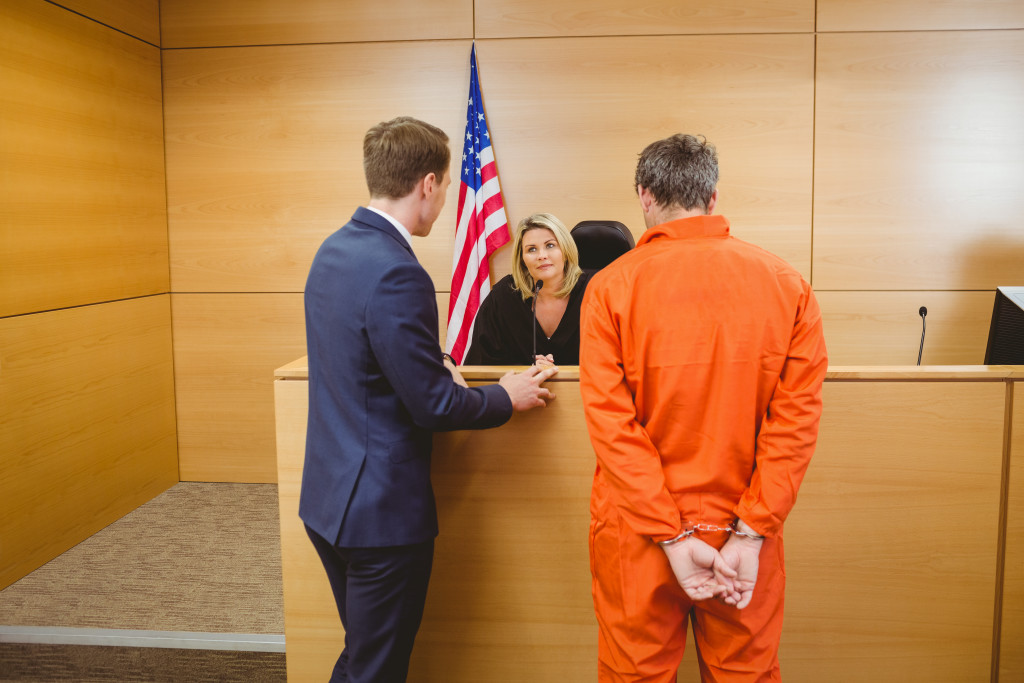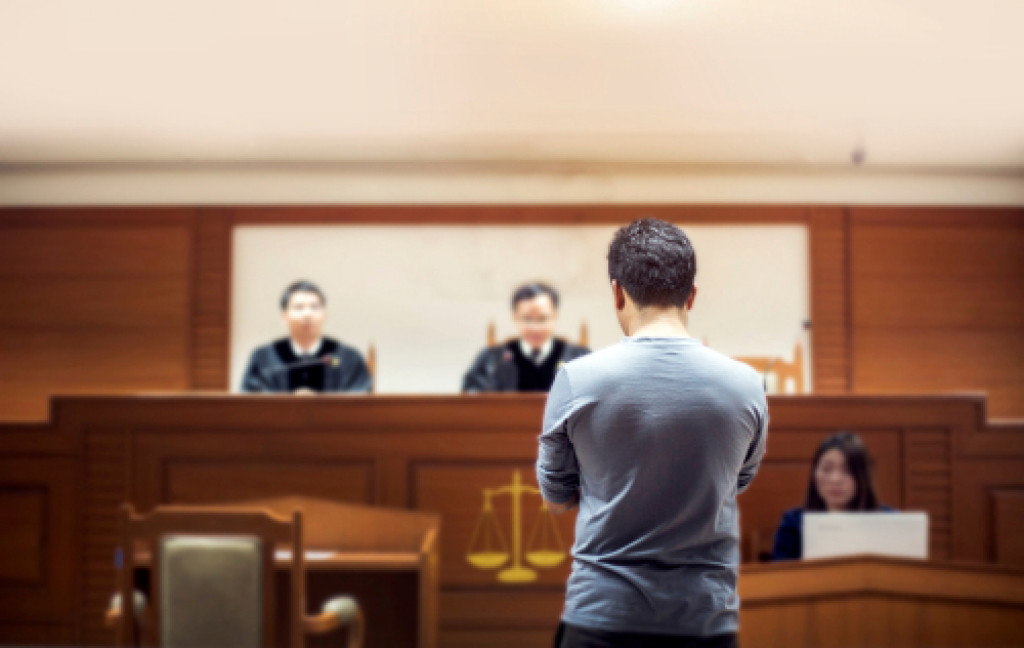- Understanding legal procedures enables you to pursue legal action and defend your rights.
- Filing a lawsuit requires abiding by specific procedural rules depending on the jurisdiction.
- Process servers are trained professionals who ensure everyone gets a fair chance in court.
- Pleadings and responses are essential parts of any legal process that sets the stage for trial proceedings.
- Appeals allow higher courts to review the verdict or judgment of lower courts.
Legal procedures can be complex, often discouraging people from seeking the justice they rightfully deserve. However, it is essential to note that even though legal procedures can seem daunting, understanding them is crucial when pursuing legal action.
While some may consider hiring a lawyer unnecessary, ignorance of legal procedures can lead to significant losses. A lack of understanding of legal procedures can lead to inaccurate filing and missed deadlines, which could result in the dismissal of a case.
A person who doesn’t understand the laws applicable to their situation can unintentionally waive their right to seek relief or run the risk of injustice. When you grasp these procedures, navigating a lawsuit, negotiation, or arbitration process becomes more accessible.
This knowledge empowers individuals to defend their rights, receive fair compensation, and achieve the justice they deserve.
Initiation of Legal Action
The initiation of legal action involves a person seeking redress for an alleged wrong. When someone feels their rights have been violated, they can initiate a legal process by finding a reputable lawyer and seeking a consultation.
The lawyer will assess the case during the consultation and advise whether to proceed with legal action.
Filing a Lawsuit or Complaint
When filing a lawsuit or complaint, you must abide by procedural rules that vary depending on the jurisdiction.
Filing a lawsuit is the formal way to initiate a legal proceeding where you seek compensation or other forms of legal remedy. Everyone involved in the lawsuit must be notified through a process of service.
Reputable Process Service
In any legal process, employing a reputable process service is crucial. The process server is essential in ensuring all parties get a fair chance to present their case. Their primary role is to serve court documents, such as summons and complaints, to the right people in the right way.
Process servers are trained and authorized by law to serve legal documents. They are bound by regulations and play a vital role in preserving justice.
Pleadings and Responses
Pleadings and responses are some of the most critical parts of any legal process. The complaint is the initial pleading filed by the plaintiff, while the answer is the defendant’s reply to the lawsuit.
A defendant can ask to dismiss the lawsuit through an initial response or file a counterclaim against the plaintiff. Pleadings and responses are often the stepping stones of a legal process and are critical in the quest for justice.
Discovery Phase
The discovery phase is the start of legal proceedings. It is the stage in which the parties involved exchange information about the case before trial. This exchange of information may include:
Depositions
A deposition is a procedure where witnesses or parties in the case provide information under oath. The information is recorded, and the transcripts may be used in court as evidence.
Interrogatories
Interrogatories are written questions that parties exchange during the discovery phase. The answers are also given under oath, and written documents and other evidence may be requested as a response.
Document Requests
Parties also provide documents to each other during discovery. The documents may include medical reports, witness statements, contracts, etc.
Pre-Trial Motions and Hearings
Pre-trial motions and hearings are made before the trial, where parties can request legal rulings from the judge, such as excluding evidence or dismissing the case.
Trial Proceedings
Trial proceedings are the actual trial where parties present their cases, witnesses testify, and legal arguments are made.

Verdict and Judgment
After the trial, the judge or jury gives a verdict, which is a decision regarding the case’s outcome. If the case favors one party, the judge or jury may also provide a judgment that enforces the decision.
Appeals and Post-Trial Proceedings
If the verdict or judgment is not satisfactory to one or both parties, they may file an appeal. Appeals are the legal process where a higher court reviews the lower court’s decision.
Post-trial proceedings may also comprise filing motions to overturn or modify decisions made by the court during the trial.
 Legal procedures can be complex, but understanding them is essential. It ensures that your rights are protected, and you get a fair outcome.
Legal procedures can be complex, but understanding them is essential. It ensures that your rights are protected, and you get a fair outcome.
The discovery phase, pre-trial hearings, trial proceedings, and appeals are some of the most common legal procedures you should know.
By knowing the legal procedures, you can better understand the legal process, know what to expect, and be able to make informed decisions.

